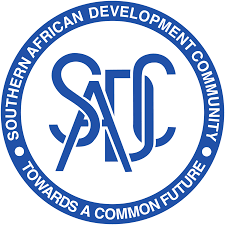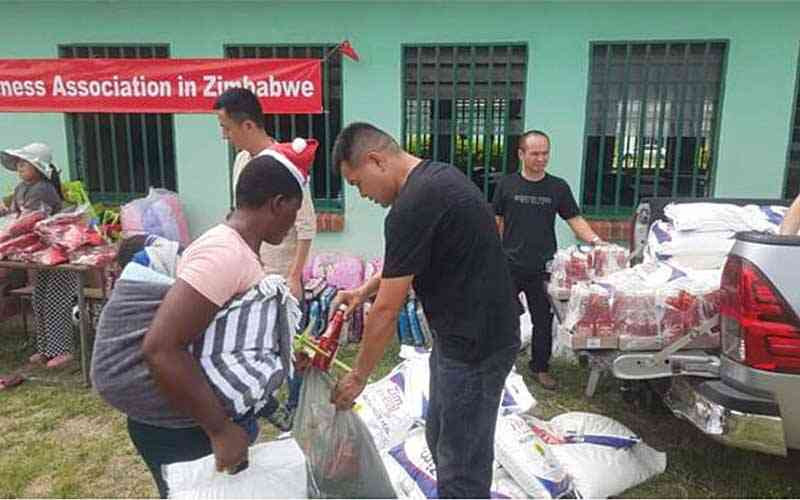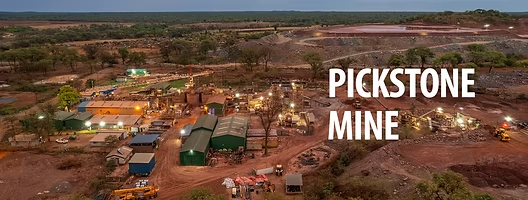
WINDHOEK, NAMIBIA – SADC citizens will have an opportunity to engage their representatives within the Southern African Development Community Parliamentary Forum (SADC PF) on a range of issues when it hosts its 2024 Public Hearing Session from October 18 to 25, 2024.
Joseph Manzi, the director of programmes at the SADC PF, said the public hearings seek to leverage the role of the SADC PF in facilitating citizen participation in regional integration.
The hearings are being held under the theme: “Leveraging the Role of SADC Parliamentary Forum in Facilitating Citizen Participation in SADC Regional Integration for Enhanced Accountability and Inclusive Socio-Economic Development and Cohesion.”
The SADC PF introduced public hearings in 2022 under the broad theme: “Consolidating Democracy by BringingParliament to the People”.
Manzi said the public hearings are now structured to encourage a more inclusive dialogue concerning regional governance while actively addressing key issues such as Sexual and Reproductive Health and Rights (SRHR), gender equality, democratic processes, climateaction and socio-economic development.
He said the shift to this year’s theme reflects years of feedback indicating a need for greater awareness among citizens regarding the opportunities SADC PF presents. The approach is thus about informing SADC citizens about the avenues available for participation within parliamentarystructures.
The public hearings will take place virtually, allowing for greater participation without the logistical challenges associated with physical gatherings.
“We are using platforms like Zoom, and we are incorporating translation in English, French, and Portuguese to reach a broader audience,” Manzi explained.
- Little hope for Zim, Africa
- African leaders dying overseas expose cruel deception of independence
- Sadc must intervene on Zim crisis: SA
- Sadc meets over water, energy and food security
Keep Reading
He added that to ensure that no one is left behind, SADC PF has introduced sign language interpretation during the public hearings, marking a significant step toward full inclusivity.
“We want to guarantee that every voice is heard. These public hearings are for all SADC citizens, including those who may often be overlooked,” he stressed.
With 12 SADC member States having signed the Agreement to Amend Treaty establishing the SADC PF, the Forum is set to transform into a SADC Parliament. Mr Manzi said as the transition toward a regional parliament gathers momentum, it is important that SADC citizens understand and exercise their power to influence regional outcomes.
“The SADC PF made a policy in 2022 that one of the twostatutory meetings (per year) of its standing committees should be a public hearing session. There has been growing interest among citizens, Members of Parliament and other stakeholders. We expect this trend to continue as we go into the third round of the virtual public hearings starting from 18 October 2024 all the way up to the 25th of October 2024,” he stated.
Manzi said everything was set for the public consultations.
“All our committees are ready and there is eagerness all round,” he noted.
He said two committees held their public hearings physically in Johannesburg between the 19th and the 22nd of September 2024. These are the Regional Parliamentary Model Laws Oversight Committee (RPMLOC) and the Standing Committee on Human Social Development and Special Programs (HSDSP.
Five other committees will hold their public hearings virtually, beginning on Friday with the Standing Committee on Food, Agriculture, Natural Resources and Climate Action (FANRCA) which Ms. Rachel Mundilo manages. Namibian MP Honourable Philippus Katamelo chairs the committee.
During the public hearing, the FANRCA committee will focus on several issues related to climate-smart agriculture and sustainable practices in the SADC region. Discussions will explore innovative agricultural techniques that enhance food security and the role of Parliamentary Food Security and Nutrition Alliances in promoting these practices.
The committee will also address challenges in natural resource management and biodiversity conservation, identifying barriers to effective climate finance mobilisation. Water security will be another key theme.
Strategies for disaster risk reduction and climate resilience will be examined, with a focus on vulnerable communities, while the committee will consider renewable energy adoption challenges and the impact of targeted climate finance initiatives to facilitate de-carbonation in the region.
Manzi urged SADC citizens to participate in the public hearings, saying they offer an opportunity to participate in the activities of SADC PF and to flag relevant current and emerging issues need attention.
He noted that the SADC PF’s Strategic Plan (2024-2028) outlines its commitment to advocating for human rights and socio-economic prosperity in the region, hence the public hearings to enable public participation in the affairs of the SADC region.
The objectives of the public hearings include: facilitating citizen input on regional integration policies; enhancing parliamentary transparency and responsiveness to citizen concerns; gathering insights on inclusive socio-economic development strategies; promoting social, political, and economic cohesion across SADC member States; and addressing contemporary issues through parliamentary approaches, such as climate change, public financial management, and youth employment.
A wide range of stakeholders, including Members of Parliament, civil society organisations, community leaders, academic experts, private sector representatives, and marginalised groups are expected to participate in the hearings.










